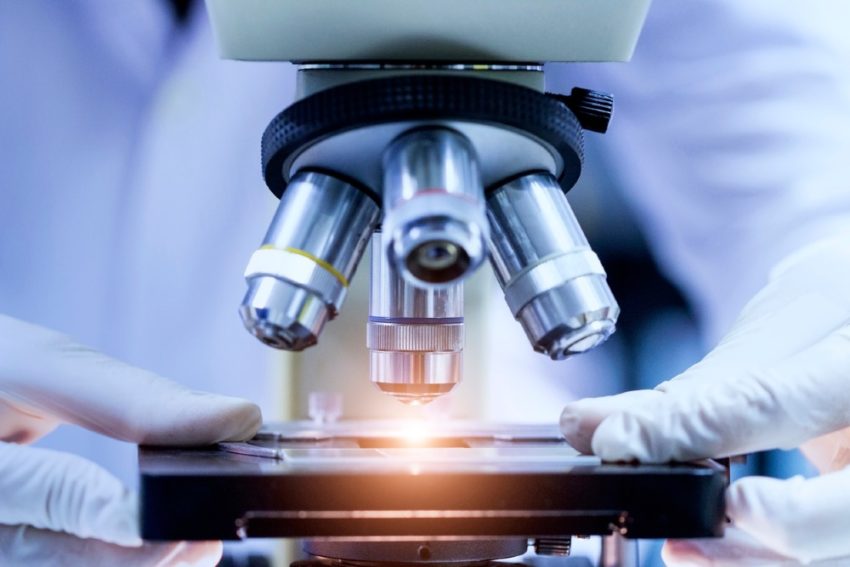UT Health San Antonio faculty are collaborating with other scientists in San Antonio on newly funded projects to advance research on aging, cancer, COVID-19 and trauma care.
The San Antonio Medical Foundation awarded six grants totaling more than $1 million to research teams at local health care and bioscience institutions and organizations, including UT Health San Antonio. Each project selected to receive funding involves a UT Health San Antonio researcher.
Dimitrios Miserlis, MD, Vascular Surgery, and researchers from Brooke Army Medical Center, Navy Medical Research Unit San Antonio and the University of Texas at San Antonio were awarded $131,340 for a project on aging and neurologic disorders. The team’s goal is to predict stroke hemorrhagic conversion with a machine learning algorithm. They plan to develop an artificial intelligence model to quantitatively assess the risk for cerebral bleeding.
Edward Medina, MD, PhD, Clinical Pathology, Hematopathology, and researchers from University Health System and Southwest Research Institute were awarded $199,948 to develop machine learning and artificial intelligence algorithms to improve the speed and accuracy of cancer diagnosis and treatment effectiveness.
Craig Cooley, MD, MPH, EMT-P, Emergency Medicine, director of Emergency Medicine Services, and a researcher from the Southwest Texas Regional Advisory Council were awarded $112,404 for their project to improve sepsis care in San Antonio. Sepsis is the body’s extreme response to an infection and can be life-threatening. They plan to promote pre-hospital sepsis identification, develop a system-wide quality assurance process, track patient outcomes, identify at-risk populations and design a prevention campaign.
Mohamad Habes, PhD, Radiology, director of the Glenn Biggs Institute for Alzheimer’s and Neurodegenerative Diseases Neuroimaging Core, along with researchers from the South Texas Veterans Administration and the University of Texas at San Antonio, were awarded $200,000 for their project. The team will use artificial intelligence on brain imaging and electrophysiological data to study patterns of dementia. The team hopes to advance aging research by compiling underrepresented data from the Hispanic population.
Matthew Hart, PhD, Biochemistry, director of the Greehey Children’s Cancer Research Institute CCRI RNAi/CRISPR High Throughput Screening Facility, and researchers from Southwest Research Institute and the University of Texas at San Antonio were awarded $198,592 for their COVID-19-related project. The team will conduct studies that combine virology, high-throughput screening, medicinal chemistry and in-silico drug design expertise to identify molecules that disrupt the binding of SARS-CoV-2 to ACE2, the protein that provides an entry point for the virus to infect cells.
Maria Gaczynska, PhD, Biochemistry, Molecular Medicine, and researchers from Texas Biomedical Research Institute and the University of Texas at San Antonio received $199,763 to study the immune response during severe coronavirus infections. They hope to discover potential therapies to reduce excessive immune response and COVID-19 morbidity and mortality.
The San Antonio Medical Foundation started its grant program in 2015 to encourage collaboration between health care and bioscience institutions in San Antonio. To date, the foundation has awarded more than $2.7 million for collaborative research projects.


